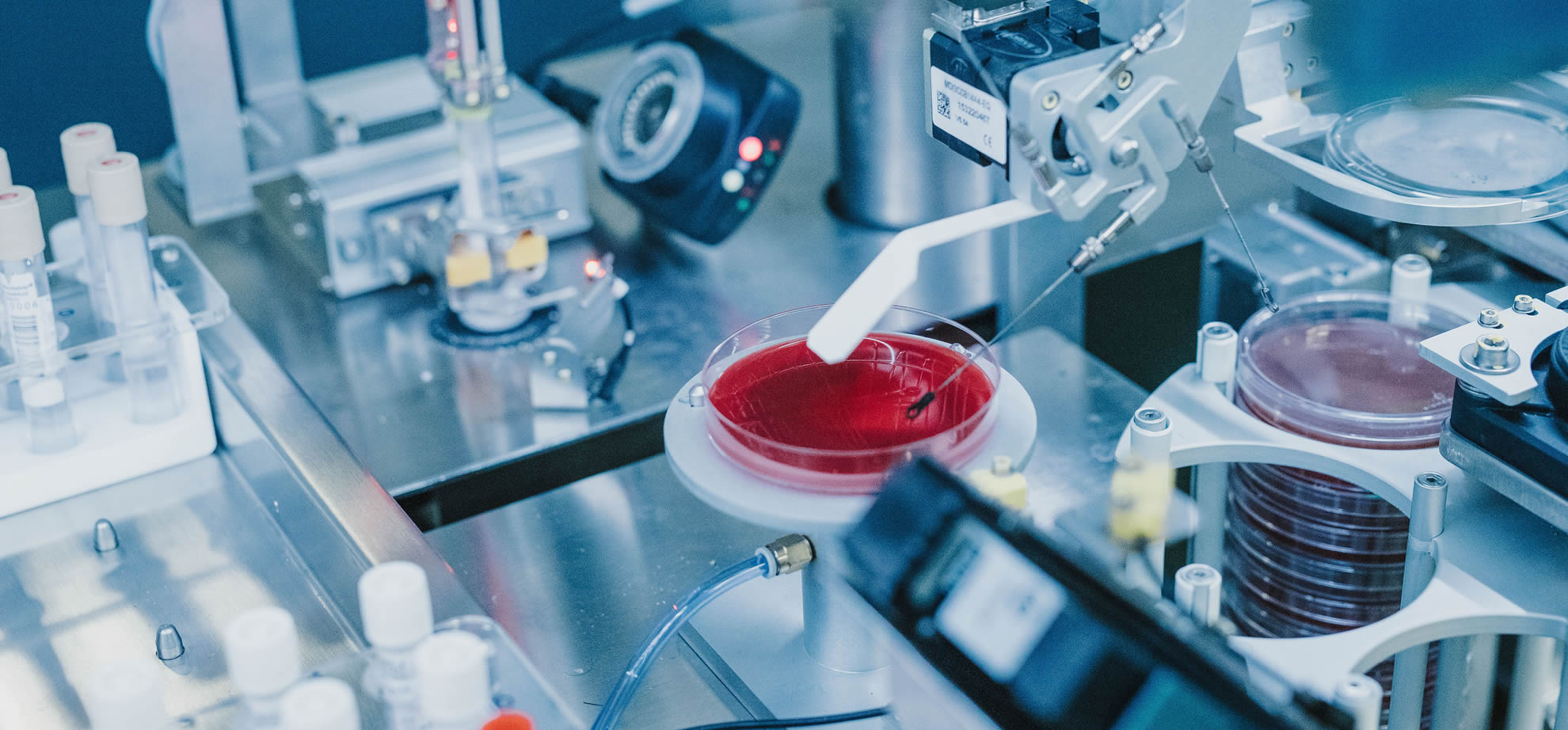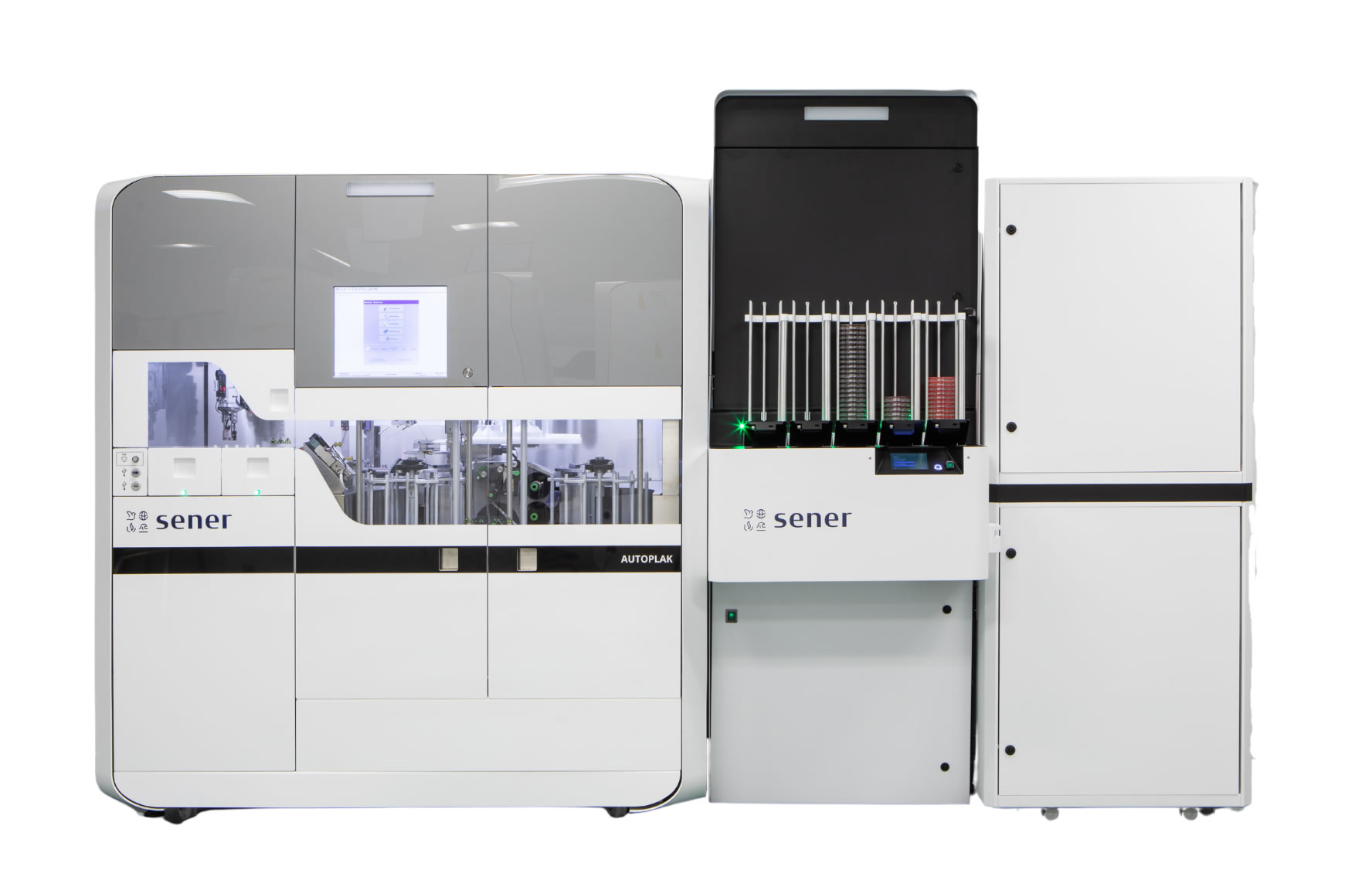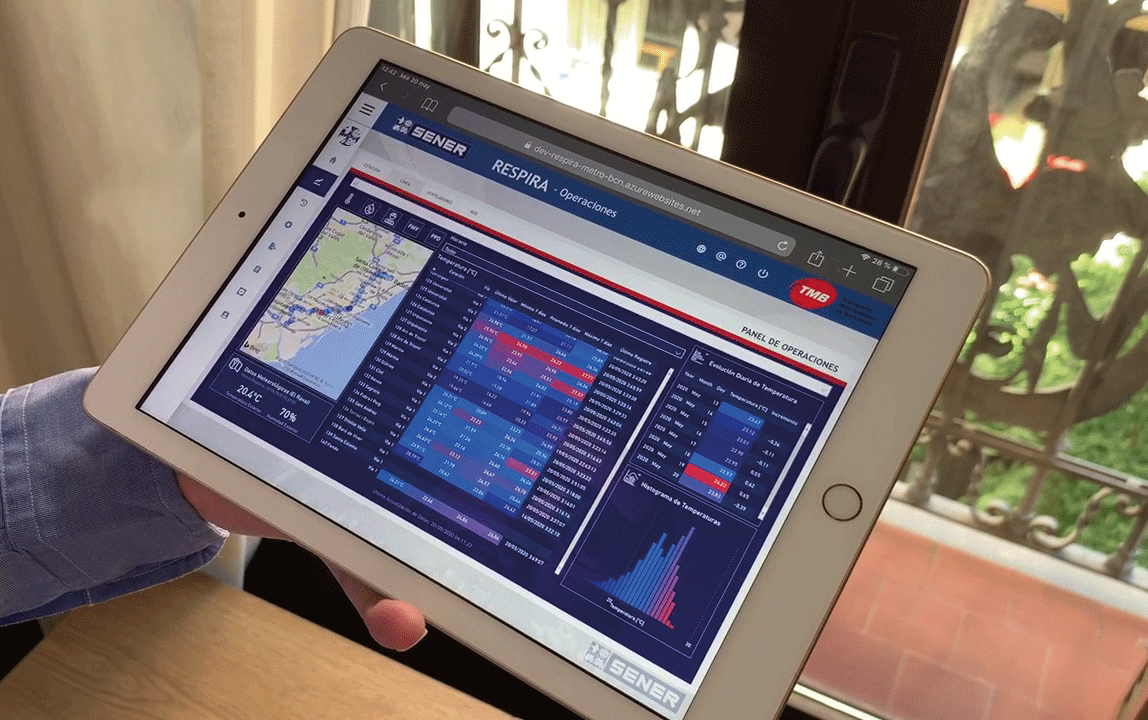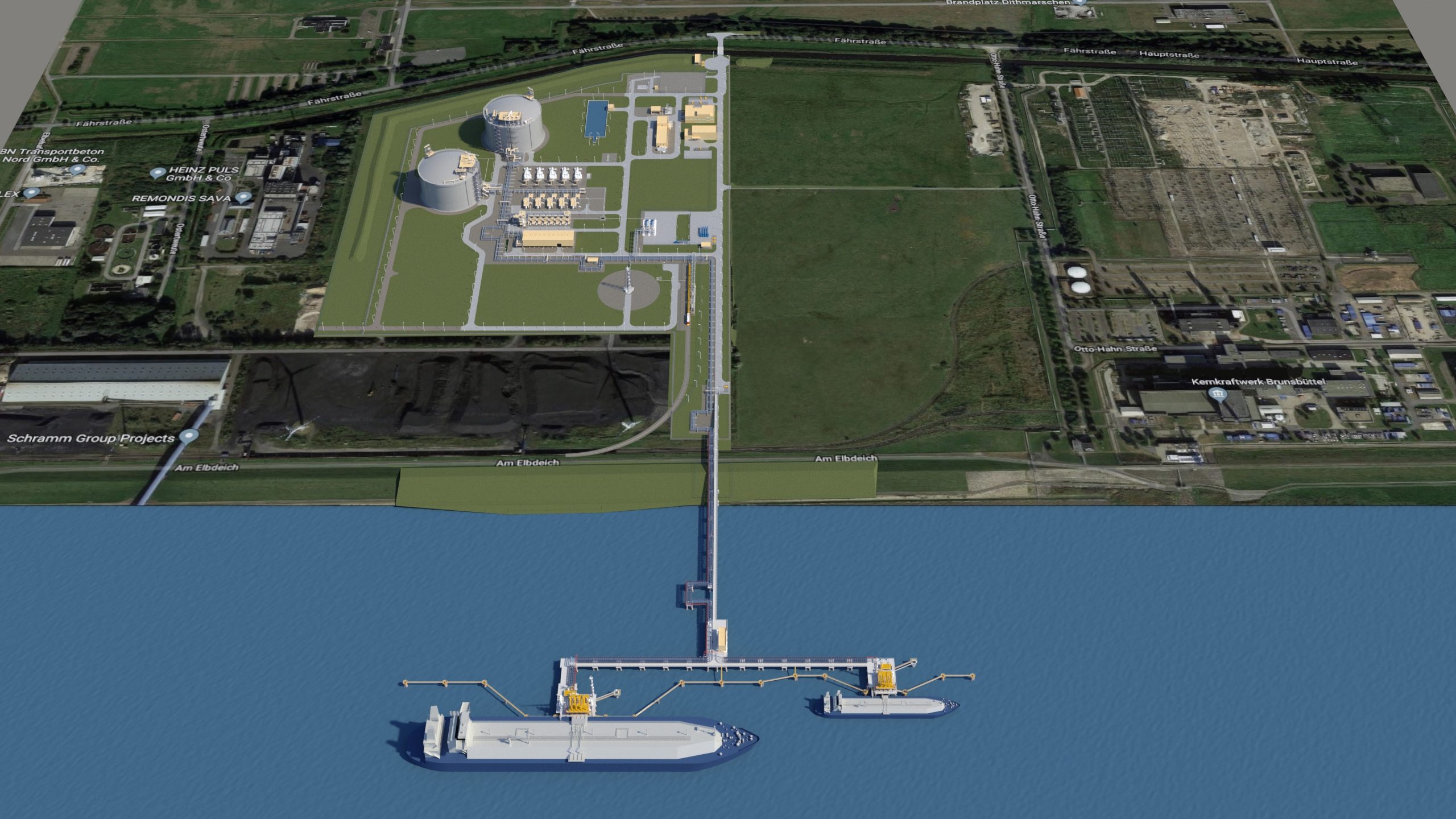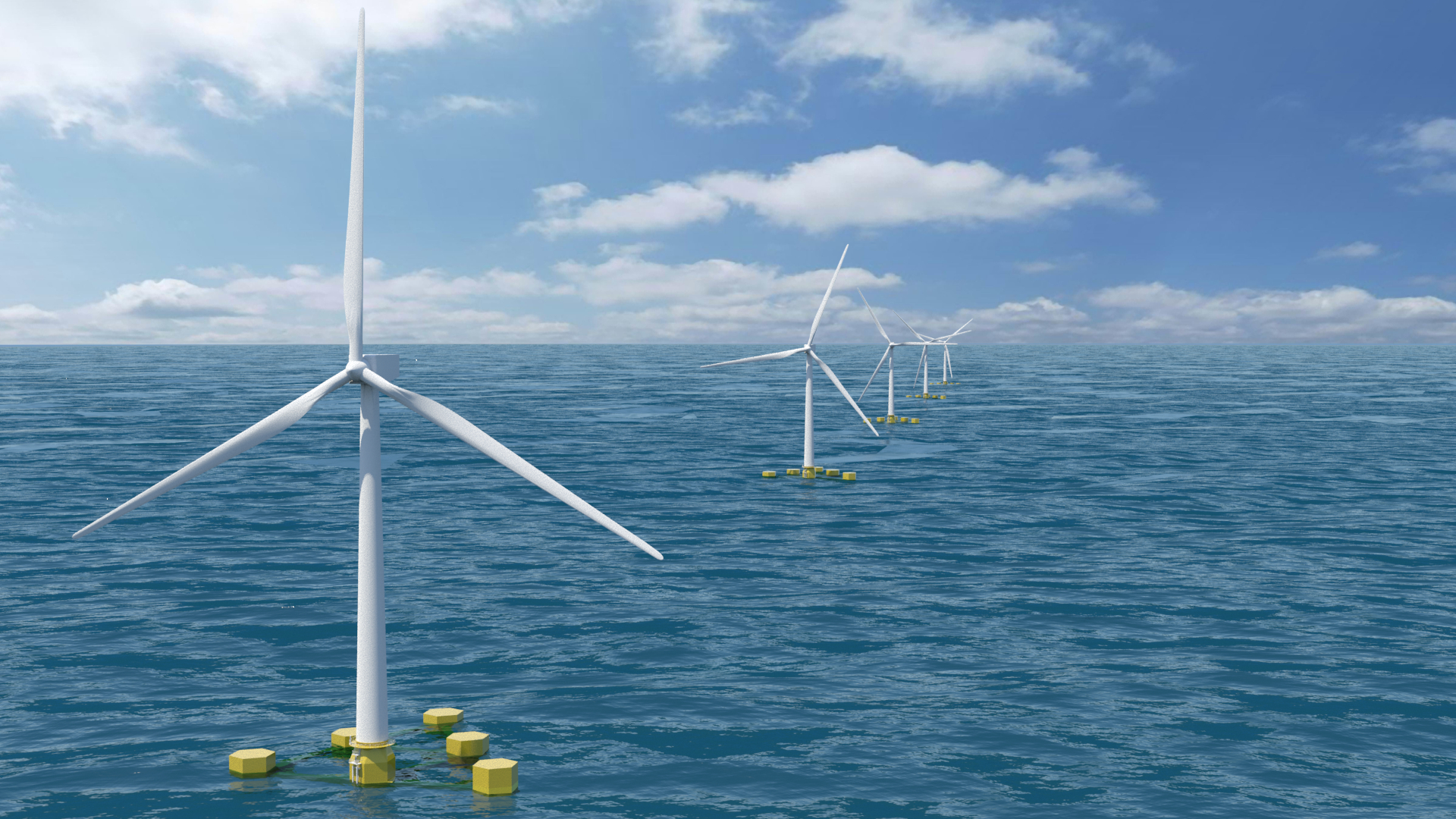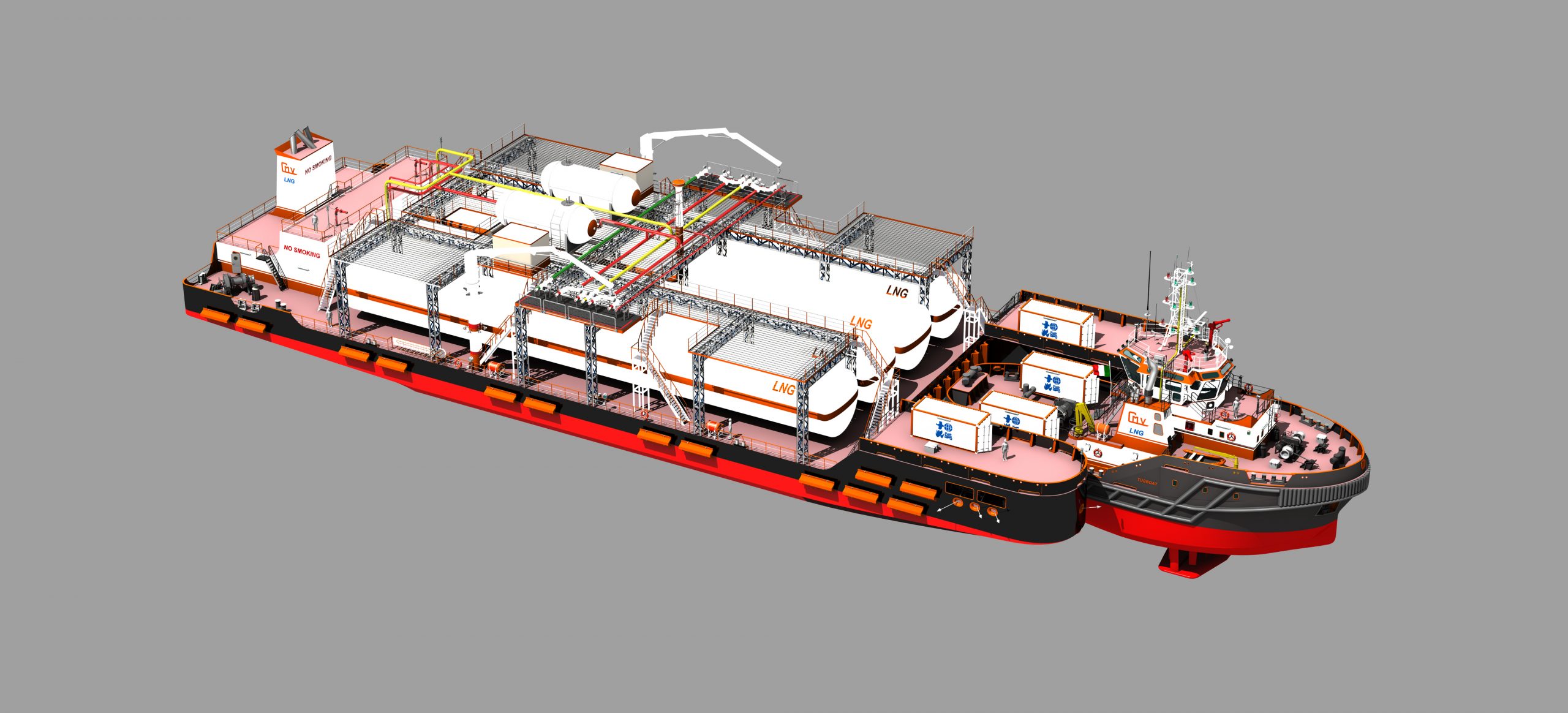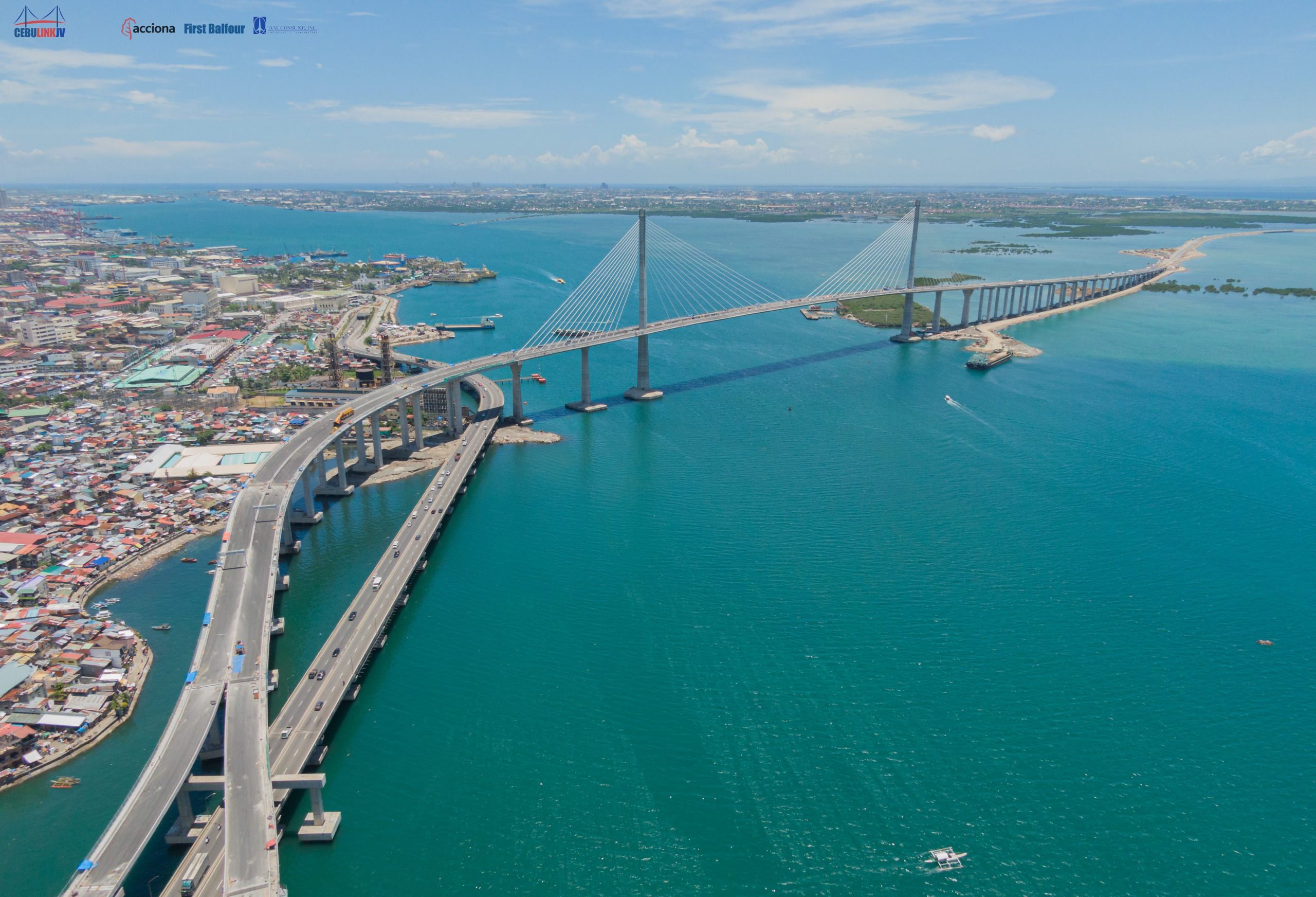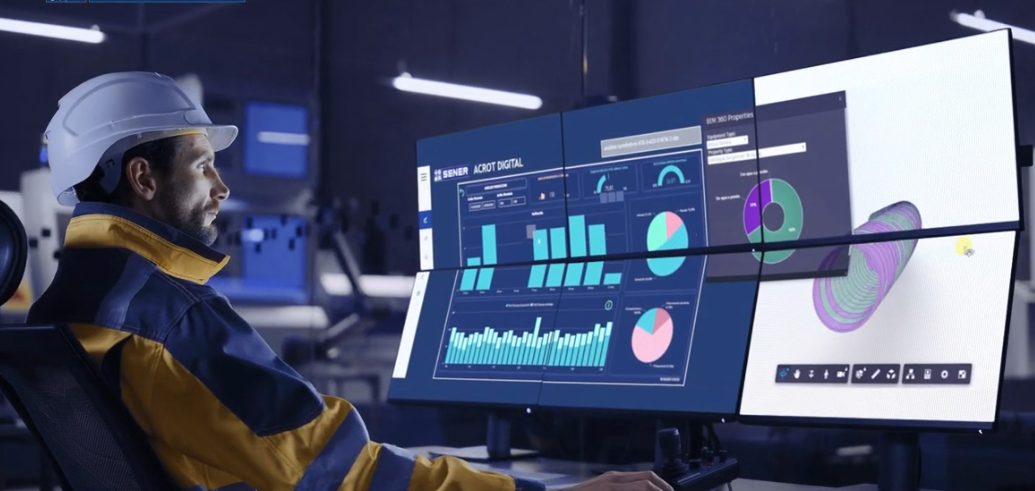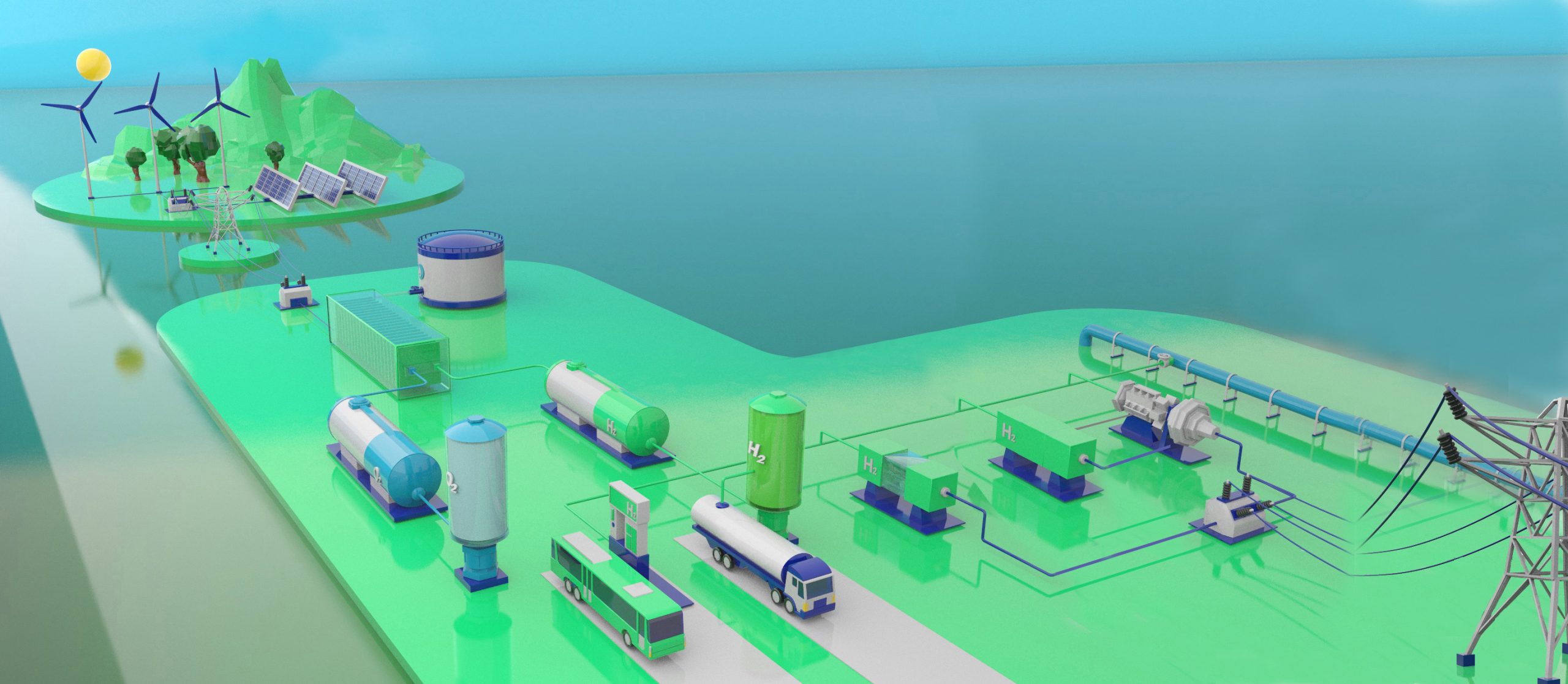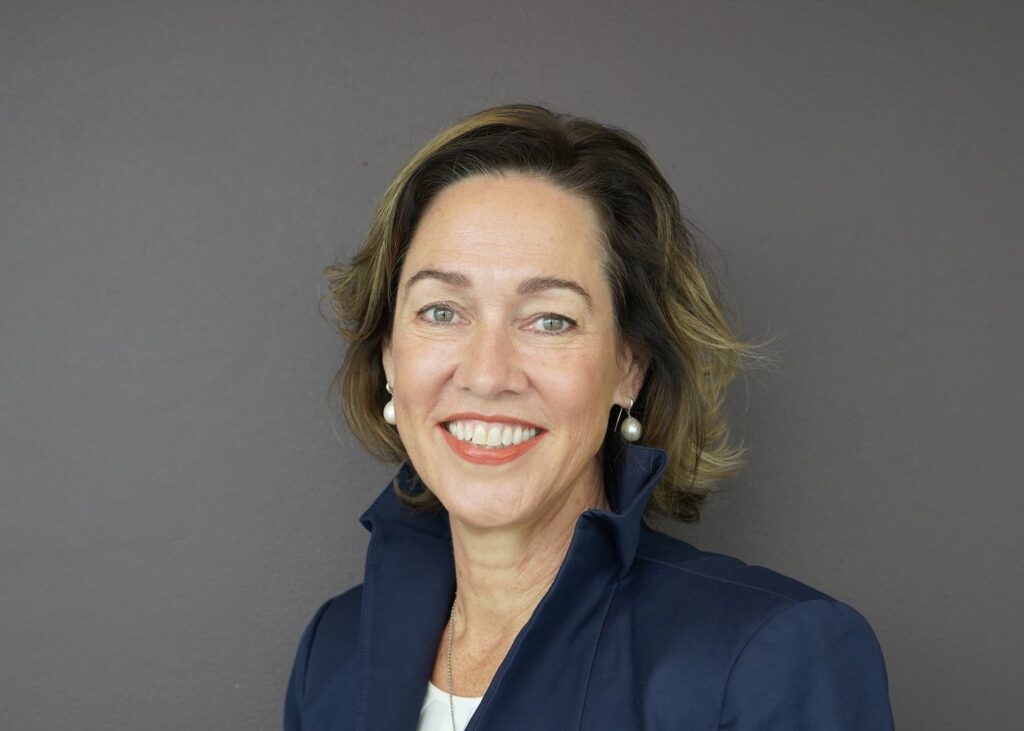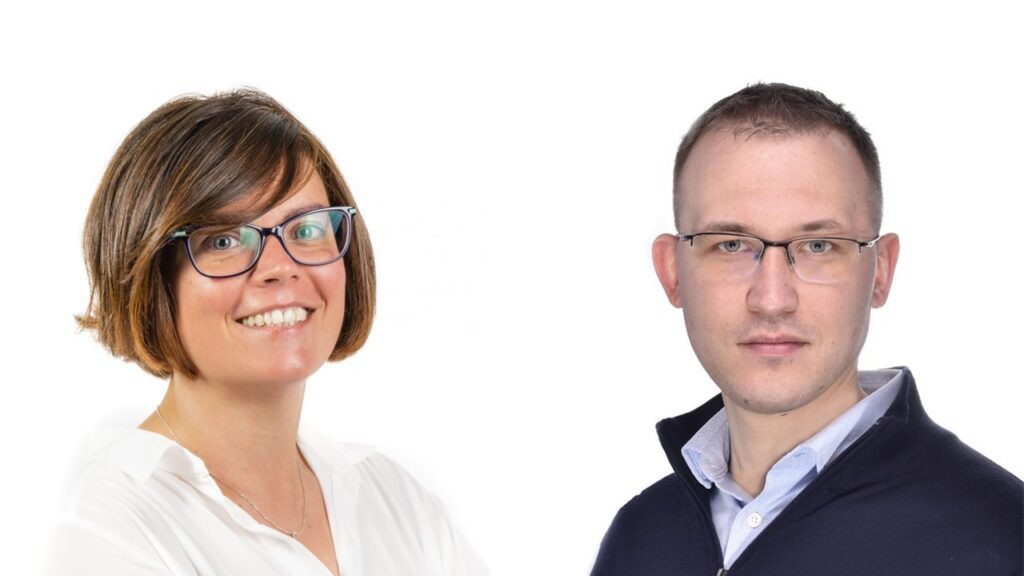A consortium led by ITP Aero, with the participation of Pangea Aerospace, the engineering and technology industrial group Sener, and Aenium Engineering, will complete the development of the Aerospike engine, an innovative propulsion technology, and integrate it with its European customers. This contract is the second largest project in the Space Technology Plan of the CDTI Innovation and the Spanish Space Agency, with a budget of more than €11 million from the R&D Support Plan for Space Technologies, whose total budget is €70 million.
The MERLIn project (Efficient and Reusable Engine for International Launchers) has received the second largest grant from the Space Technology Plan (PTE), with a budget of €11.6 million, representing more than 10% of the total R&D support plan for space technology awarded by CDTI Innovation and the Spanish Space Agency, through the Ministry of Science and the Ministry of Defense.
This investment within the Space Technology Program reinforces the Government’s commitment to boosting the national aerospace industry and strengthening its position in space propulsion over the next decade, with innovation in key technologies for the future of space exploration. The PTE is an action within the Aerospace PERTE (Aerospace Program), endowed with €70 million in subsidies from the Recovery and Resilience Facility of the PRTR Addendum. The project aims to promote the competitiveness of the Spanish aerospace industry as a key player in the sector’s upcoming challenges and opportunities through the development of technological capabilities based on R&D.
The project, led by ITP Aero and with the participation of Pangea Aerospace, the industrial engineering and technology group Sener, and Aenium Engineering, focuses on the manufacturing and integration of the world’s first flight-ready aerospike engine. Pangea Aerospace, a Barcelona and Toulouse-based startup specializing in space propulsion, thus secures the second largest project in the Space Technology Program with MERLIn. It is also the main funded company in the project, after receiving a €3.9 million grant within the project, representing more than 50% of the total budget.
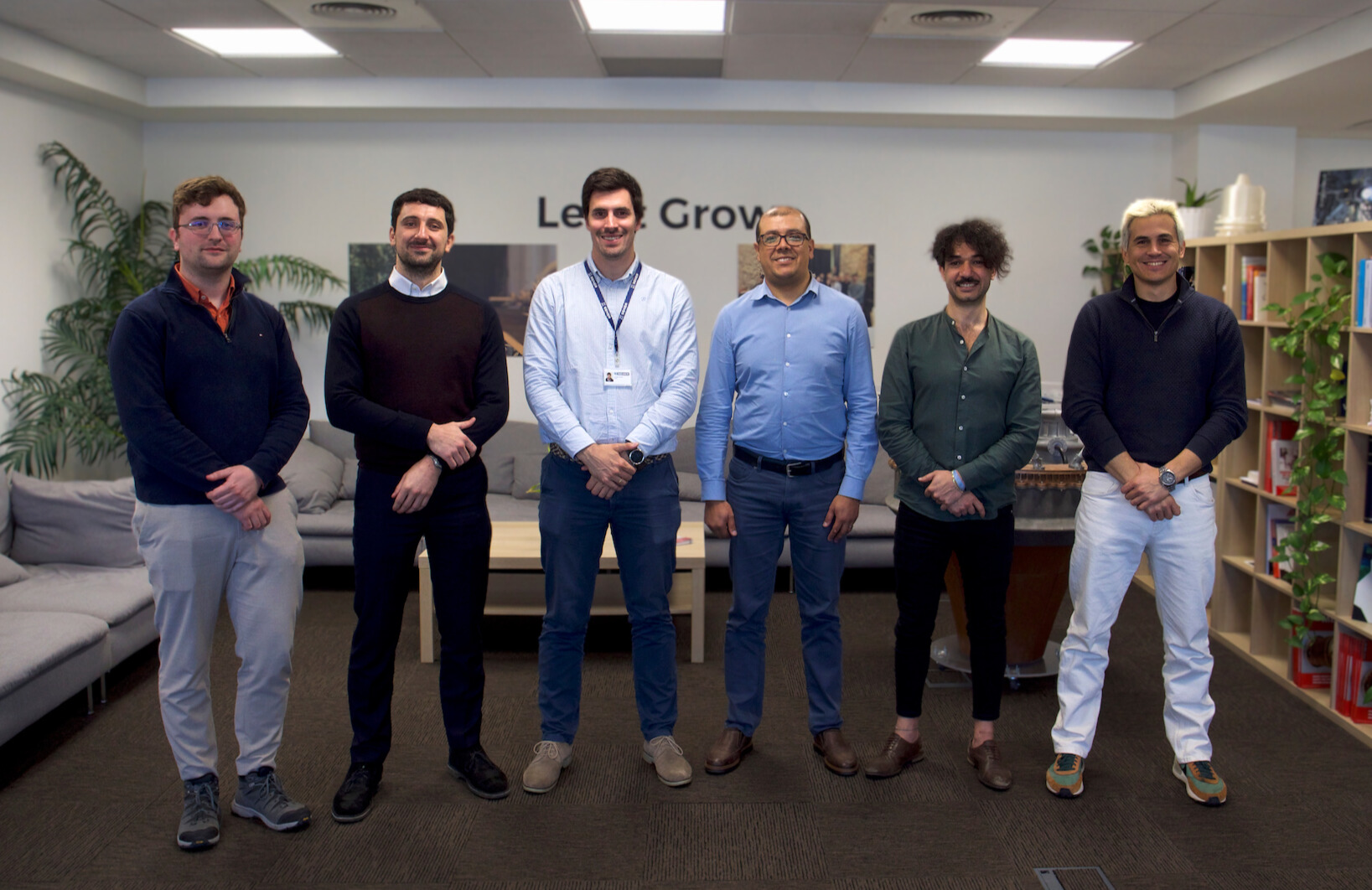
Representatives of the companies participating in the MERLIn consortium.
The MERLIn consortium, made up of other leading participating companies in the Spanish aerospace and technology sector, such as Aenium Engineering, ITP Aero, and Sener, is a clear example of successful public-private collaboration between Spanish companies to boost the competitiveness of the national aerospace industry and prepare it for the major challenges of the future.
Each consortium member contributes key expertise: Pangea Aerospace, responsible for the complete development of the engine from design to testing; ITP Aero, as the consortium leader and a global leader in propulsion technologies; Sener, a leading engineering and technology group with a strong industrial focus, provides the aerospike engine’s TVS control and actuation system; and Aenium Engineering contributes its expertise in advanced materials and additive manufacturing.
ARCOS, a highly efficient and cost-effective engine
The MERLIn project funding will be the first Pangea Aerospace will receive to support all subsystems of its ARCOS engine. With this, the aerospace startup aims to advance the development of the ARCOS rocket engine, an innovative propulsion technology, with the goal of having the fully integrated engine ready for ground testing simulating a launch, and to be able to integrate it with its European customers.
The engine to be developed in the MERLIn project will have a thrust of 750 kN and is designed for use in the upper stage of space rockets, providing superior performance and strengthening the competitiveness of the Spanish space sector. The aerospike engine enables the reentry and reuse of upper stages of medium and heavy launchers, opening the door to new business models and the complete reuse of launchers, something that only SpaceX has tested in the world.
ARCOS is a high-efficiency rocket engine with an aerospike nozzle, designed to be reused in multiple space missions. It runs on methane and liquid oxygen, a cleaner and more sustainable combination that reduces CO2 emissions by up to 50% compared to traditional kerosene-powered engines. Thanks to its aerospike geometry, it achieves an efficiency of up to 15%, higher than that of traditional bell-shaped engines, significantly increasing launch profitability.
 About us
About us About us / section
About us / section Markets
Markets Markets / section
Markets / section Projects
Projects Careers
Careers Careers / section
Careers / section





